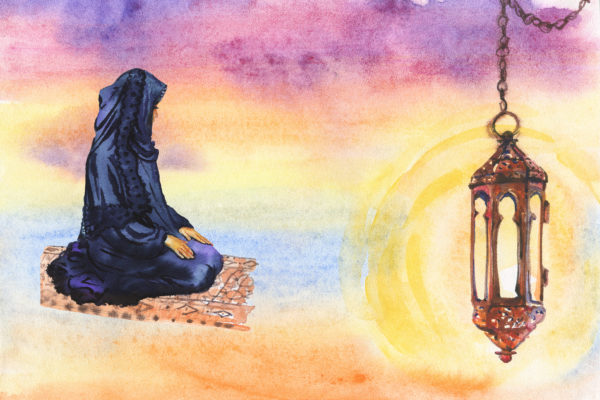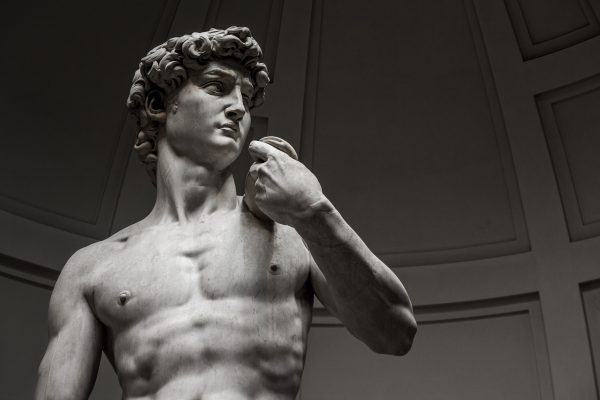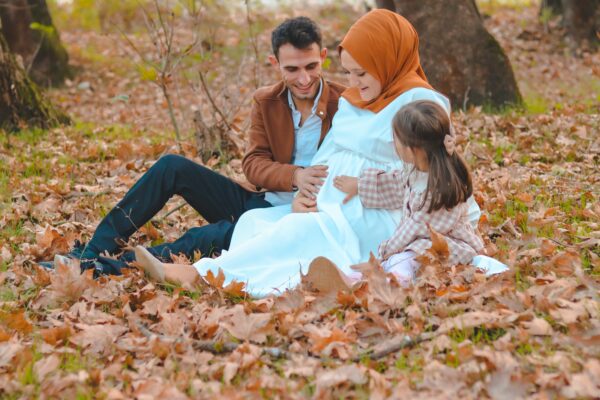Multiple reports show that Muslim women bear the brunt of Islamophobic attacks more than any other member of the ummah.
Multiple reports show that Muslim women bear the brunt of Islamophobic attacks more than any other member of the ummah.
From Boris Johnson’s condescending “letterboxes” and “bank robbers” jibes to the dramatized and sensational Pauline Hanson’s burqa fuss in the Australian parliament, attacks on the Muslim women’s choice of clothing as an extended part of Islamophobia has become a feature of today’s political divide.
There is arguably no piece of clothing that has come under controversial vituperations more than the hijab, and indeed everything that is identified with the Muslim woman such as the niqab. Multiple reports show that Muslim women bear the brunt of Islamophobic attacks more than any other member of the ummah. While it may be hard to tell if a man is a Muslim, the visibility and distinctiveness of the hijab have made it easier for ‘Islamophobes’ to target Muslim women. Examples across major cities in the liberal democratic countries of the global north include the attack on a 19-year-old Muslim lady in Belgium, an unprovoked attack in Australia, Canada and many more.
According to statistics given by TellMama, a UK based organisation reporting on Islamophobic attacks in the country, Muslim women were significantly targeted in 2017. A report from the UK’s Social Mobility Commission shows that Muslim women are less likely to reach their full potential due to enormous social challenges and discrimination. According to a BBC investigation, it was made clear that employers are also less likely to consider candidates with Muslim sounding names for jobs despite their impressive profiles.
There have been cases of Muslim women also opting not to wear their hijab due to the fear of being socially ostracised. Ms. Salaam (name changed), a British citizen of Lebanese origin and a mother of four, opted not to wear her hijab because she fears the social and professional repercussions that may come with it. According to her, it is a choice that she made reluctantly as a single mother who needed to work.
In the United States of America, there have been multiple reports of hate crimes and attacks on Muslim women. One of the most horrific of such attacks is the one that took the life of the innocent 17-year-old Nebra Hassan in Virginia, USA.
In Australia, hate groups like Reclaim Australia and The United Patriots Front have demonstrated Islamophobic tendencies, as seen when a group of young Muslim girls were forced to leave a career expo event because of their hijabs.
In France, a woman was forced to remove her ‘burkini’ while sitting on a beach in Nice. The same woman was reportedly fined in Cannes for wearing leggings and a headscarf. In other cases, a United Nations committee criticised France for violating the rights of two Muslim women who choose to wear the niqab.
In Germany, there have been a number of reported attacks, which according to the German Muslim organisation Millî Görüş (IGMG), rarely lead to arrests by the police.
European Muslim sisters are also targeted due to their hijab just the same as their migrant counterparts. For example, Ms. Svenningsen, a Danish Muslim revert of more than 10 years, recounts how she has been told on the streets of Denmark to “go back to your country” even though she is a Danish citizen with Viking roots. In Riga, Latvia, a new revert sister Elina was also almost hit by a car and harassed on the bus – two situations that she said would not have been possible if she was not wearing her hijab.
Sports brand Decathlon drops hijab product after threats by French politicians
In most these cases, it is the hijab and the Islamic identity that comes with it that these Islamophobes seem to have problems with. One of the arguments by them is that hijab is not compatible with their liberal values, but of course, hating and attacking innocent women because of their freedom of choice is anything but liberal. Why a group of people in these countries can hate a piece of cloth so much is confusing. The Muslim woman’s hijab does not infringe on anybody’s freedom and does not stop others from wearing their bikinis or, if they like, walking around with no clothes on. Why then can’t these innocent women enjoy their liberty and their fundamental human rights of freedoms of choice, religion, expression, and peaceful assembly in democratic countries that are known to champion for these very fundamental human rights abroad?
Wearing hijab despite all the documented social and economic prejudice that may come with it shows the in-built perseverance that many Muslim women exhibit in their day-to-day activities. There is the possibility of psychopathic attacks on the streets or being bullied on social media. These innocent and vulnerable women who happily and voluntarily wear their hijab no matter what should be celebrated for their display of courage and tenacity in the face misogynistic bickering and an avid expression of freedom and political rights in the face of hate. If anything can be compared to the powerful resolute of these strong Muslim women in recent times, it would be the activities of the men and women who fought and campaigned for the rights of women to vote and own properties in the 19th century politically misogynistic Europe of the past.
In today’s political climate, hijab is not just a symbol of faith or devotion to their belief, it is an emblem of courage, strength, and empowerment.
This piece was originally published on Independent Australia. Read the original here.





